

Articles
How To Store Eggs Without Refrigeration
Modified: February 24, 2024
Learn how to store eggs without refrigeration in this informative article. Find out simple and effective methods for preserving eggs for longer periods.
(Many of the links in this article redirect to a specific reviewed product. Your purchase of these products through affiliate links helps to generate commission for Storables.com, at no extra cost. Learn more)
Introduction
When it comes to preserving food, refrigeration has long been the go-to method. However, there are situations where refrigeration is not readily available or practical. One such scenario is when it comes to storing eggs. Eggs are a staple in many households, but not everyone has access to a refrigerator at all times. In these cases, finding alternative methods for storing eggs without refrigeration becomes essential.
Eggs are a highly perishable food item due to their fragile nature and susceptibility to bacteria growth. Refrigeration helps to slow down this process and extend the shelf life of eggs, but it is not the only solution. People have been creatively storing eggs without refrigeration for centuries, using various methods to keep them fresh and safe to consume.
Whether you’re camping, living off the grid, or simply looking for ways to reduce your reliance on electric appliances, learning how to store eggs without refrigeration can be a valuable skill. This article will explore different factors to consider and methods to successfully store eggs without the need for a refrigerator.
Key Takeaways:
- Storing eggs without refrigeration is possible using methods like coating with protective layers, natural preservatives, or finding a cool, dark storage spot. Consider factors like temperature, ventilation, and handling for successful egg preservation.
- By understanding the reasons for non-refrigerated egg storage and implementing proper techniques, you can ensure a reliable supply of fresh eggs in various situations, from camping to emergency preparedness. Pay attention to cleanliness, handling, and regular monitoring for optimal results.
Why Store Eggs Without Refrigeration?
While refrigeration is the most common method for storing eggs, there are several reasons why someone may want or need to store eggs without the use of a refrigerator.
One of the main reasons is accessibility. Not everyone has access to a refrigerator at all times or in certain situations, such as when camping, traveling, or during power outages. Knowing alternative methods for egg storage allows you to still enjoy the nutritional benefits of eggs even in these circumstances.
Another reason is sustainability. Refrigerators consume a significant amount of energy, and reducing their usage can contribute to a more eco-friendly lifestyle. By learning how to store eggs without refrigeration, you can minimize your reliance on electricity and reduce your carbon footprint.
Additionally, storing eggs without refrigeration can be a way to preserve them for longer periods in areas where refrigeration is limited or unreliable. This can be especially beneficial in rural or remote areas where access to refrigeration may be limited. Being able to store eggs safely without the need for refrigeration can help ensure a consistent and reliable food supply.
Furthermore, some people prefer to store eggs without refrigeration for traditional or cultural reasons. In some cultures, it is common to store eggs at room temperature as part of culinary traditions. By understanding alternative egg storage methods, you can honor these traditions and maintain the authenticity of certain dishes.
Lastly, learning how to store eggs without refrigeration can be a valuable skill for emergency preparedness. In times of natural disasters or emergencies, power outages can occur, making refrigeration unavailable. Having knowledge of alternative methods for preserving eggs ensures that you can still have a nutritious food source during these challenging times.
Overall, there are several practical, environmental, cultural, and emergency preparedness reasons why someone might want to store eggs without refrigeration. By exploring alternative methods, you can ensure that you always have a fresh and safe supply of eggs, regardless of the availability of refrigeration.
Factors to Consider When Storing Eggs Without Refrigeration
Storing eggs without refrigeration requires careful consideration of several factors to ensure the eggs remain fresh and safe to consume. Here are some key factors to keep in mind:
- Temperature: Eggs are best stored at a cool temperature, ideally between 45 to 70 degrees Fahrenheit (7 to 21 degrees Celsius). Avoid storing eggs in hot or humid environments, as this can accelerate spoilage.
- Ventilation: Proper airflow is essential to prevent the build-up of moisture and minimize the risk of bacterial growth. Ensure that the storage method you choose allows for adequate ventilation.
- Light: Exposure to direct sunlight or bright artificial light can cause eggs to spoil faster. Store eggs in a location that is cool and dark, away from direct light sources.
- Orientation: Eggs have a small air pocket at the wider end, known as the blunt end. Storing eggs with the blunt end facing up helps to prevent the yolk from coming into contact with the air pocket, reducing the risk of spoilage.
- Handling: Proper handling is crucial when storing eggs without refrigeration. Avoid dropping or jostling the eggs, as this can cause cracks and increase the risk of bacterial contamination. Handle eggs gently and with care.
- Freshness: When storing eggs without refrigeration, it is important to start with fresh eggs. The fresher the eggs, the longer they will maintain their quality outside of refrigeration. Use the “float test” to check for freshness: place an egg in a bowl of water, and if it sinks to the bottom and lays flat, it is fresh; if it stands on one end or floats, it is no longer fresh and should be discarded.
- Environment: The storage environment should be clean and free from any odors that can be absorbed by the eggs. Keep eggs away from strong-smelling foods, spices, and cleaning chemicals to avoid any flavor transfer.
- Duration: Eggs stored without refrigeration have a shorter shelf life compared to refrigerated eggs. It is important to use these eggs within a reasonable timeframe to ensure their freshness and safety. Keep track of the storage duration and prioritize using the oldest eggs first.
By considering these factors, you can optimize the storage conditions for eggs without refrigeration. Taking the necessary precautions will help maintain the quality and safety of the eggs for an extended period.
Methods for Storing Eggs Without Refrigeration
Storing eggs without refrigeration requires alternative methods to ensure their longevity and safety. Here are five effective methods for storing eggs without the need for a refrigerator:
- Method 1: Coating Eggs with a Protective Layer: One method is to coat the eggs with a protective substance to prevent moisture loss and bacterial contamination. This can be done by applying a thin layer of mineral oil, food-grade wax, or even a solution of beeswax and water to the eggshells. The coating acts as a barrier, preserving the freshness of the eggs and extending their shelf life.
- Method 2: Using Natural Preservatives: Another option is to store eggs using natural preservatives. One popular method is to submerge the eggs in a mixture of waterglass (sodium silicate) and water. The waterglass solution creates an alkaline environment that helps to seal the eggshell and prevent bacterial growth. This method can extend the shelf life of eggs for several months.
- Method 3: Storing Eggs in a Cool and Dark Location: Eggs can also be stored in a cool and dark location, such as a root cellar or a basement. Find a place with a consistent cool temperature, ideally between 45 to 70 degrees Fahrenheit (7 to 21 degrees Celsius), and ensure it is away from direct light and heat sources. Place the eggs in a container or carton, with the blunt end facing up to maintain their freshness.
- Method 4: Using a Water Glass Solution: As an alternative to the natural preservative method mentioned earlier, you can use a water and salt solution to store eggs. To do this, dissolve about 9% salt (by weight) in enough water to fully submerge the eggs. Store the eggs in a container with the solution, making sure that each egg is completely covered. This method helps to create an inhospitable environment for bacteria and keeps the eggs fresh for an extended period.
- Method 5: Using Alternative Storage Containers: If you don’t have access to specialized solutions or coatings, you can also try storing eggs in alternative containers. For example, storing eggs in a basket filled with clean, dry sand can provide insulation and help maintain a consistent temperature. Another option is using sawdust or rice to create a cushioning layer between the eggs, preventing them from coming into contact and reducing the risk of breakage.
Experiment with these different methods to find the one that works best for your specific circumstances. Remember to take into account the temperature, ventilation, and other factors discussed earlier to ensure the eggs remain fresh and safe during storage.
Now that you are aware of these methods, you can confidently store eggs without refrigeration, maintaining their quality and extending their shelf life.
Method 1: Coating Eggs with a Protective Layer
Coating eggs with a protective layer is a simple yet effective method for storing eggs without refrigeration. This method helps to prevent moisture loss, preserve freshness, and minimize the risk of bacterial contamination. Here’s how to coat eggs with a protective layer:
- Choose a suitable coating: There are several options for creating a protective coating for the eggshells. Mineral oil, food-grade wax, or a solution of beeswax and water are commonly used choices. Ensure that the coating you choose is food-safe and suitable for the purpose.
- Clean the eggs: Before applying the protective coating, it’s important to clean the eggs properly. Gently wipe off any dirt, feathers, or debris from the eggshells using a soft cloth or brush. Avoid scrubbing too vigorously to prevent any damage to the delicate shell.
- Prepare the coating mixture: If you are using a mixture of beeswax and water, melt the beeswax using a double boiler method until it is fully liquefied. Once melted, add an equal amount of water to the beeswax and mix well. For mineral oil or food-grade wax, no further preparation is required.
- Apply the protective coating: Dip a clean cloth or sponge in the coating mixture and gently apply a thin layer onto the eggshell. Ensure that the entire surface of the egg is covered, but avoid excessive coating that might prevent the egg from “breathe.” Allow the coating to dry completely before further handling.
- Store the coated eggs: Once the coating is dry, place the coated eggs in a suitable storage container. A carton or a basket with good ventilation works well. It’s advisable to store the eggs with the blunt end facing up to maintain their freshness. Find a cool and dark location, away from direct light and heat sources.
- Monitor the eggs: Regularly check the coated eggs for any signs of spoilage, such as odd odors, discoloration, or changes in texture. Remove any eggs that show signs of spoilage immediately to prevent cross-contamination.
This method of coating eggs with a protective layer helps to maintain their freshness and extend their shelf life without refrigeration. The protective layer acts as a barrier against moisture loss and external contaminants, ensuring that the eggs remain safe to consume for a longer period.
Remember that coated eggs should still be used within a reasonable time frame to ensure their quality. It is always recommended to use your senses of sight and smell to determine if an egg is still good to eat.
Experiment with this method and find the coating that works best for you. With a little effort, you can store eggs without refrigeration while ensuring their freshness and safety.
Method 2: Using Natural Preservatives
Storing eggs without refrigeration can be achieved by using natural preservatives. One popular method is to submerge the eggs in a waterglass (sodium silicate) solution, which helps to extend their shelf life and maintain their freshness. Here’s how to use natural preservatives to store eggs:
- Purchase or make a waterglass solution: Waterglass, also known as sodium silicate, can be found in many hardware stores or online. Alternatively, you can create your own waterglass solution by dissolving one part sodium silicate with ten parts water. Be sure to use food-grade sodium silicate for safety.
- Prepare the eggs: Start by selecting fresh, clean eggs for preservation. Gently inspect each egg for cracks or damage. Discard any eggs that are cracked or compromised, as they can spoil more easily.
- Submerge the eggs in the waterglass solution: Place the eggs in a glass or food-grade plastic container with enough waterglass solution to fully submerge the eggs. It’s important to ensure that each egg is completely covered by the solution to prevent bacterial growth.
- Cover the container: Seal the container tightly with a lid or plastic wrap to prevent evaporation. This will help maintain the effectiveness of the waterglass solution and prevent contamination.
- Store in a cool location: Find a cool and dark place to store the container of eggs. Ideally, the temperature should range between 45 to 70 degrees Fahrenheit (7 to 21 degrees Celsius). A root cellar, basement, or a cool pantry can be suitable locations to store the eggs.
- Check on the eggs periodically: Regularly inspect the eggs for any signs of spoilage. While waterglass can help preserve the eggs for several months, it’s still important to monitor their condition. Look for any odd odors, changes in texture, or discoloration. If any eggs show signs of spoilage, remove them immediately to prevent cross-contamination.
- Wash the eggs before use: Before using the preserved eggs, wash them thoroughly with water to remove any residue from the waterglass solution. This step is important to ensure that the eggs are safe to consume.
Using a natural preservative like a waterglass solution allows you to store eggs without refrigeration while keeping them fresh and safe. The waterglass creates an alkaline environment that helps to seal the eggshells, preventing bacteria from entering and extending their shelf life.
Remember to practice proper hygiene and food safety when handling and storing preserved eggs. While this method can extend the shelf life of eggs, it’s always recommended to use your senses of sight and smell to determine if an egg is still good to eat.
By utilizing natural preservatives, you can enjoy the benefits of fresh eggs for a longer period, even without the need for refrigeration.
Store eggs without refrigeration by coating them in mineral oil to seal the pores and prevent air from entering. This will help keep them fresh for longer periods of time.
Method 3: Storing Eggs in a Cool and Dark Location
Storing eggs in a cool and dark location is a simple yet effective method for preserving eggs without the need for refrigeration. This method works by providing a suitable environment that helps to maintain the eggs’ freshness and extends their shelf life. Here’s how to store eggs in a cool and dark location:
- Select a suitable storage location: Find a cool and dark spot in your home, such as a basement, root cellar, or pantry. The temperature in the storage area should ideally be between 45 to 70 degrees Fahrenheit (7 to 21 degrees Celsius). Avoid areas that are exposed to direct light, heat sources, or excessive humidity.
- Prepare the eggs: Start by choosing fresh eggs for storage. Gently inspect each egg, discarding any that are cracked or have damaged shells, as they are more prone to spoilage. It’s important to start with fresh eggs to maximize their shelf life during storage.
- Position the eggs: Place the eggs in a suitable container, such as a clean basket or an egg carton. It’s recommended to store the eggs with the blunt end facing up. This helps to keep the air pocket inside the egg closer to the top, reducing the risk of the yolk coming into contact with the air pocket and deteriorating.
- Ensure proper ventilation: Allow for adequate airflow to prevent the buildup of moisture and minimize the risk of bacterial growth. Make sure the container or basket provides good ventilation to maintain a healthy environment for the eggs.
- Regularly monitor the eggs: Check the eggs periodically for any signs of spoilage. Look for changes in appearance, odd odors, or shells that feel slimy or sticky. Discard any eggs that show signs of spoilage to prevent contamination of other eggs.
- Use a rotation system: To make sure you use the oldest eggs first, implement a rotation system by placing newly acquired eggs at the back and using the older ones from the front. This helps to ensure that the eggs are consumed in a timely manner.
By storing eggs in a cool and dark location, you create an environment that helps to preserve their freshness for a longer period. The cool temperature slows down the natural process of deterioration, while the darkness minimizes exposure to light, which can accelerate spoilage.
Remember to practice good hygiene when handling and storing eggs. Wash your hands before and after handling eggs, and avoid cross-contamination with other foods. Additionally, it’s recommended to use your senses of sight and smell to determine if an egg is still good to eat.
By utilizing a cool and dark storage location, you can successfully store eggs without refrigeration and enjoy their nutritional benefits for an extended time.
Method 4: Using a Water Glass Solution
Using a water glass solution is a traditional method for storing eggs without refrigeration. This method creates an alkaline environment around the eggs, helping to seal the shells and prevent bacterial growth. Here’s how to use a water glass solution to store eggs:
- Prepare the water glass solution: Start by purchasing or preparing a water glass solution. Water glass, also known as sodium silicate, can be found in hardware stores or online. Follow the instructions on the package for the proper dilution ratio. Typically, one part water glass is mixed with nine parts water.
- Choose fresh eggs: Select fresh eggs for preservation. Inspect each egg carefully for cracks or damage. Discard any eggs with compromised shells, as they are more prone to spoilage.
- Submerge the eggs: Place the eggs into a clean container, such as a glass or food-grade plastic container. Pour the prepared water glass solution over the eggs, ensuring that they are fully submerged. The solution should completely cover the eggs to create an effective seal.
- Seal the container: Cover the container tightly with a lid or plastic wrap to prevent evaporation and contamination. This will help maintain the effectiveness of the water glass solution and protect the eggs.
- Store in a cool location: Find a cool and dark place to store the container of eggs. Ideally, the temperature should range between 45 to 70 degrees Fahrenheit (7 to 21 degrees Celsius). A root cellar or basement can be suitable environments for storing water glass-preserved eggs.
- Check the eggs regularly: Regularly inspect the eggs for any signs of spoilage. Pay attention to any changes in appearance, unusual odors, or shells that feel slimy or sticky. Remove any eggs that show signs of spoilage promptly to prevent contamination.
- Wash the eggs before use: Before using the preserved eggs, rinse them thoroughly with water to remove any residual water glass solution. This step ensures that the eggs are safe to consume.
Using a water glass solution is a time-tested method for preserving eggs without refrigeration. The solution creates an inhospitable environment for bacteria, protecting the eggs and extending their shelf life for several months.
Remember to practice good hygiene and food safety when handling and storing the preserved eggs. Wash your hands before and after handling, and avoid cross-contamination with other foods. Additionally, use your senses of sight and smell to determine if an egg is still fresh and safe to eat.
By utilizing a water glass solution, you can effectively store eggs without refrigeration and have a reliable source of fresh eggs for a longer duration.
Method 5: Using Alternative Storage Containers
If you don’t have access to specialized solutions or coatings, you can still store eggs without refrigeration by using alternative storage containers. These containers provide insulation and protection, helping to maintain the eggs’ freshness. Here’s how to use alternative storage containers for eggs:
- Clean and prepare the containers: Start by selecting suitable containers for storing the eggs. Clean and sanitize the containers thoroughly to remove any bacteria or contaminants. Ensure they are dry before use to prevent moisture buildup.
- Sawdust or rice method: One option is to use sawdust or rice as a cushioning layer between the eggs. Fill the container with a layer of clean and dry sawdust or rice. Gently place the eggs on top, making sure they are not in direct contact with each other.
- Basket method: Another option is to use a clean and dry basket. Line the basket with a cloth or paper liner to prevent direct contact between the eggs and the basket. Place the eggs gently in the basket, ensuring they are well spaced and not stacked on top of one another.
- Insulate the container: Once the eggs are placed in the containers, cover them with a clean cloth or paper towel to provide additional insulation. This helps to regulate the temperature and protect the eggs from fluctuating external conditions.
- Choose a suitable storage location: Find a cool and dark spot in your home to store the containers of eggs. Ideally, the temperature should be between 45 to 70 degrees Fahrenheit (7 to 21 degrees Celsius). Ensure the storage area is away from direct light and heat sources.
- Regularly monitor the eggs: Check the eggs periodically for any signs of spoilage. Inspect the shells for cracks or damage and use your nose to check for any unusual odors. Remove any eggs that show signs of spoilage to prevent cross-contamination.
- Rotate the eggs: To ensure the oldest eggs are used first, implement a rotation system. Place newly acquired eggs at the back of the container and use the older ones from the front. This way, you can prioritize consuming the eggs in the order of their freshness.
Using alternative storage containers allows you to store eggs without refrigeration while providing insulation and protection. The sawdust or rice method and the basket method both help maintain the eggs’ integrity and reduce the risk of breakage.
Remember to handle the eggs with care, as they are fragile. Wash your hands before and after handling the eggs, and avoid cross-contamination with other foods. Additionally, use your senses of sight and smell to determine if an egg is still good to eat.
By utilizing alternative storage containers, you can effectively store eggs without refrigeration and have a reliable supply of fresh eggs available for your consumption.
Read more: How To Store Deviled Eggs In Refrigerator
Tips for Successful Egg Storage Without Refrigeration
Storing eggs without refrigeration requires careful attention to detail to ensure that they remain fresh and safe to consume. Here are some helpful tips to maximize the success of your egg storage without refrigeration:
- Start with fresh eggs: Using fresh eggs is essential for successful storage. Choose eggs with intact shells and avoid those with cracks or damage, as they are more prone to spoilage.
- Handle eggs gently: Eggs are fragile, so handle them with care to prevent any cracks or breakage. Avoid dropping or jostling the eggs, as this can increase the risk of bacterial contamination.
- Store eggs in a cool location: Find a cool spot in your home to store the eggs. Ideally, the temperature should be between 45 to 70 degrees Fahrenheit (7 to 21 degrees Celsius). Avoid storing them in hot or humid areas, as this can accelerate spoilage.
- Avoid direct light and heat: Exposure to direct sunlight or bright artificial light can degrade the quality of eggs. Store them away from windows or light sources, as well as heat-producing appliances or stoves.
- Place eggs with the blunt end up: Storing eggs with the blunt end facing up helps maintain their freshness. This prevents the yolk from coming into contact with the air pocket, reducing the risk of spoilage.
- Regularly inspect the eggs: Check the eggs regularly for any signs of spoilage. Look for changes in appearance, odd odors, or shells that feel slimy or sticky. Discard any eggs showing signs of spoilage to prevent contamination of other eggs.
- Use a rotation system: Implement a rotation system to ensure that you use the oldest eggs first. Place newly acquired eggs at the back of the storage container and use the older eggs from the front. This way, you prioritize consuming the eggs before they spoil.
- Practice good hygiene: Before and after handling eggs, wash your hands thoroughly with soap and water. This helps to prevent the transfer of bacteria from your hands to the eggs.
- Consider insulation: Insulation can help regulate the temperature around the eggs. Use alternative storage containers such as sawdust, rice, or baskets lined with cloth or paper liners to provide insulation and protect the eggs from temperature fluctuations.
- Use your senses of sight and smell: Even when using storage methods without refrigeration, trust your senses to determine the freshness of the eggs. If an egg looks or smells off, it’s best to discard it rather than consume it.
By following these tips, you can successfully store eggs without refrigeration and maximize their shelf life while maintaining their freshness and safety. Be diligent in monitoring the eggs and practicing good hygiene to ensure a reliable supply of fresh eggs for your consumption.
Remember, while these methods can extend the shelf life of eggs, it’s always important to use your judgment and rely on your senses to determine if an egg is suitable for consumption.
Conclusion
Storing eggs without refrigeration is a valuable skill to have, whether you’re camping, living off the grid, or simply looking to reduce your reliance on electricity. While refrigeration is the most common method for preserving eggs, it’s not always feasible or available in certain situations. By exploring alternative methods and understanding the factors to consider, you can successfully store eggs without refrigeration while maintaining their freshness and safety.
We discussed various methods for storing eggs without refrigeration, including coating eggs with a protective layer, using natural preservatives like waterglass, storing eggs in a cool and dark location, and even utilizing alternative storage containers. Each method has its own advantages and considerations, so feel free to experiment and find the one that works best for your specific needs and circumstances.
Regardless of the method you choose, it’s important to ensure cleanliness, proper handling, and regular monitoring of the eggs for signs of spoilage. Freshness, temperature, ventilation, and protection from light are key factors to consider when storing eggs without refrigeration. By paying attention to these factors and implementing the tips provided, you can effectively extend the shelf life of your eggs and have a reliable supply of fresh eggs available.
Remember, while these methods can prolong the freshness of eggs, it’s always crucial to trust your senses and use your judgment. If an egg looks or smells off, it’s best to discard it rather than risk consuming it.
In conclusion, learning how to store eggs without refrigeration is a valuable and practical skill. By implementing the methods and tips outlined in this article, you can confidently store eggs without refrigeration, ensuring a reliable source of fresh eggs for your cooking and baking needs.
Frequently Asked Questions about How To Store Eggs Without Refrigeration
Was this page helpful?
At Storables.com, we guarantee accurate and reliable information. Our content, validated by Expert Board Contributors, is crafted following stringent Editorial Policies. We're committed to providing you with well-researched, expert-backed insights for all your informational needs.
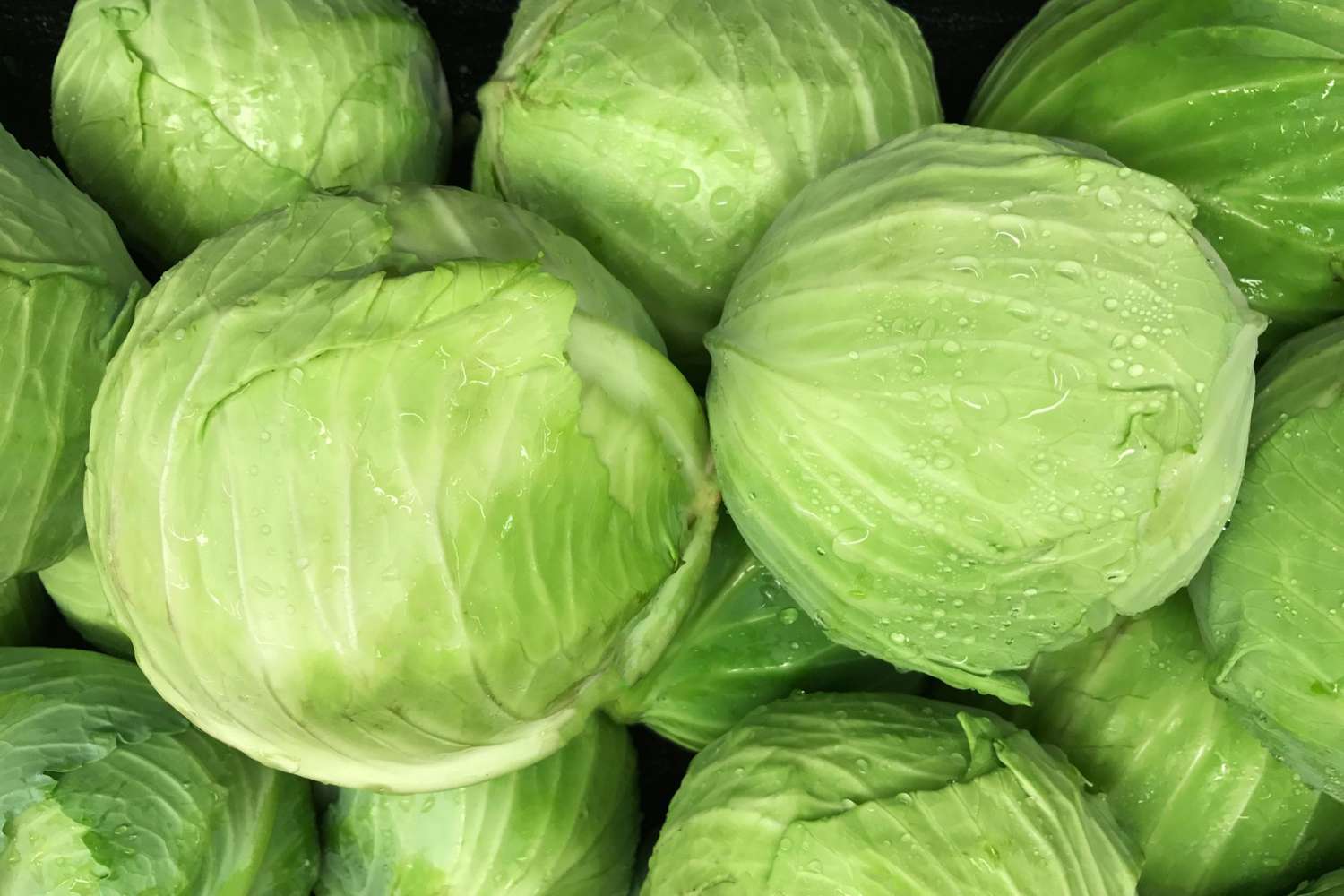

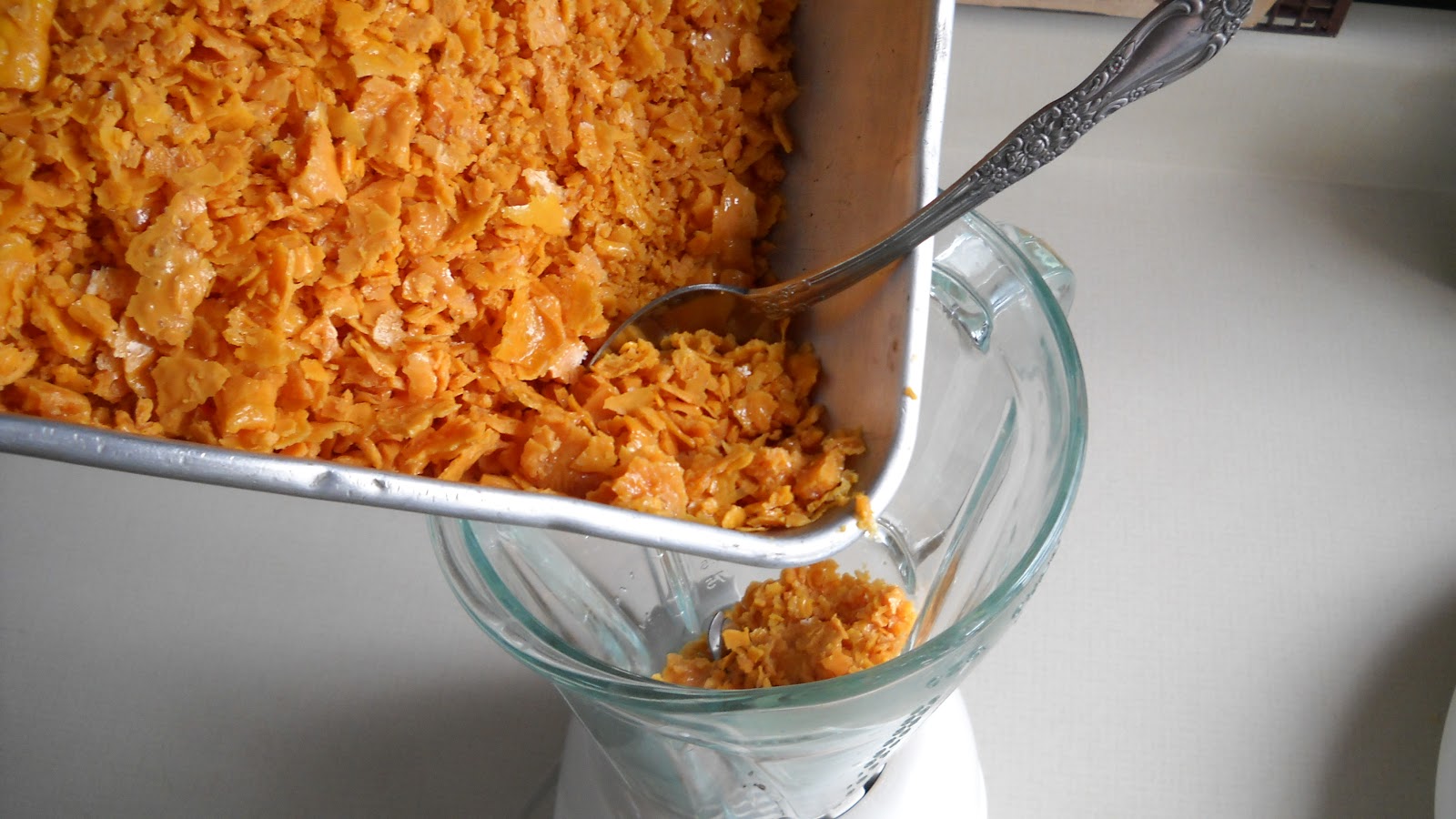
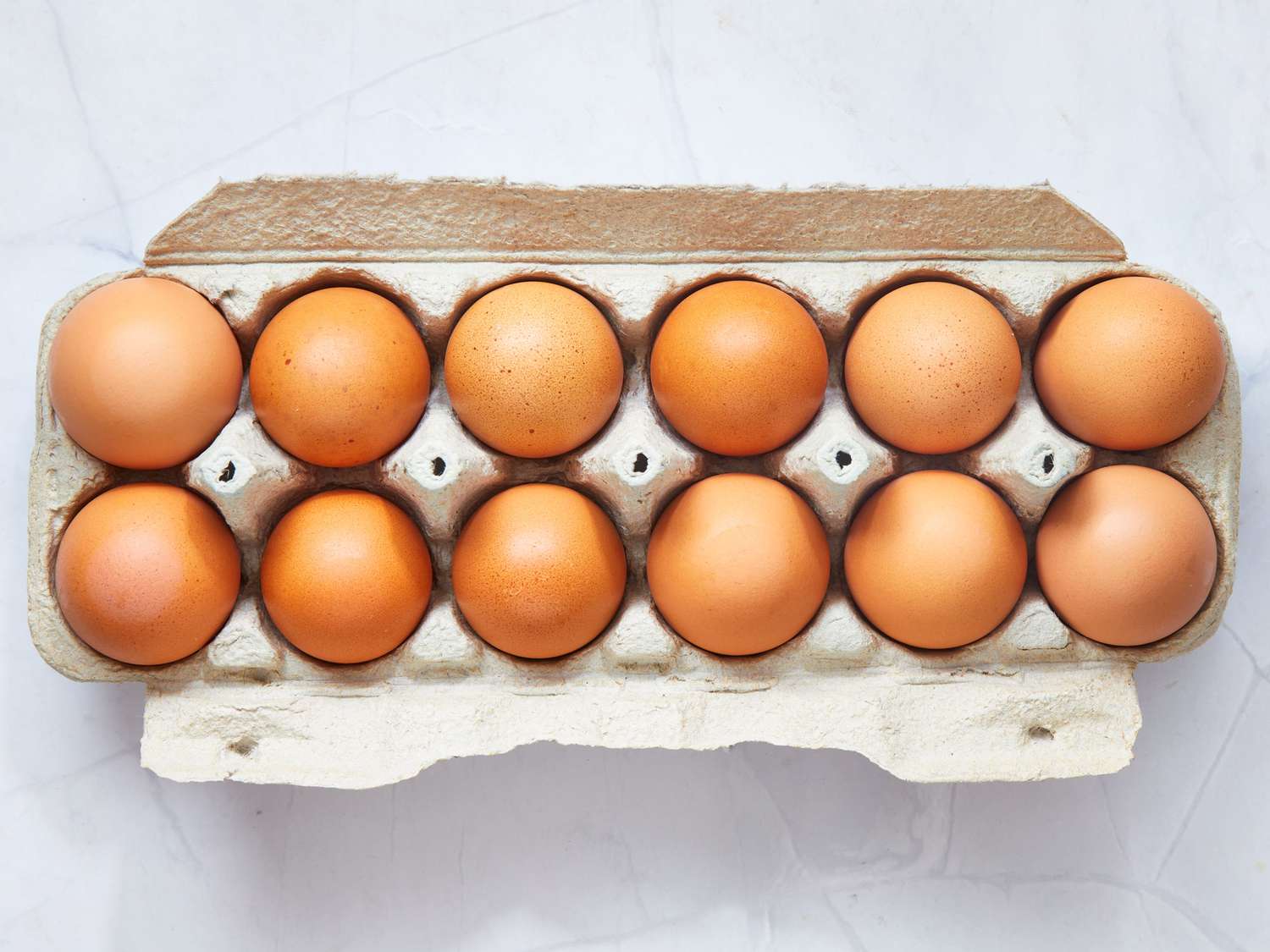
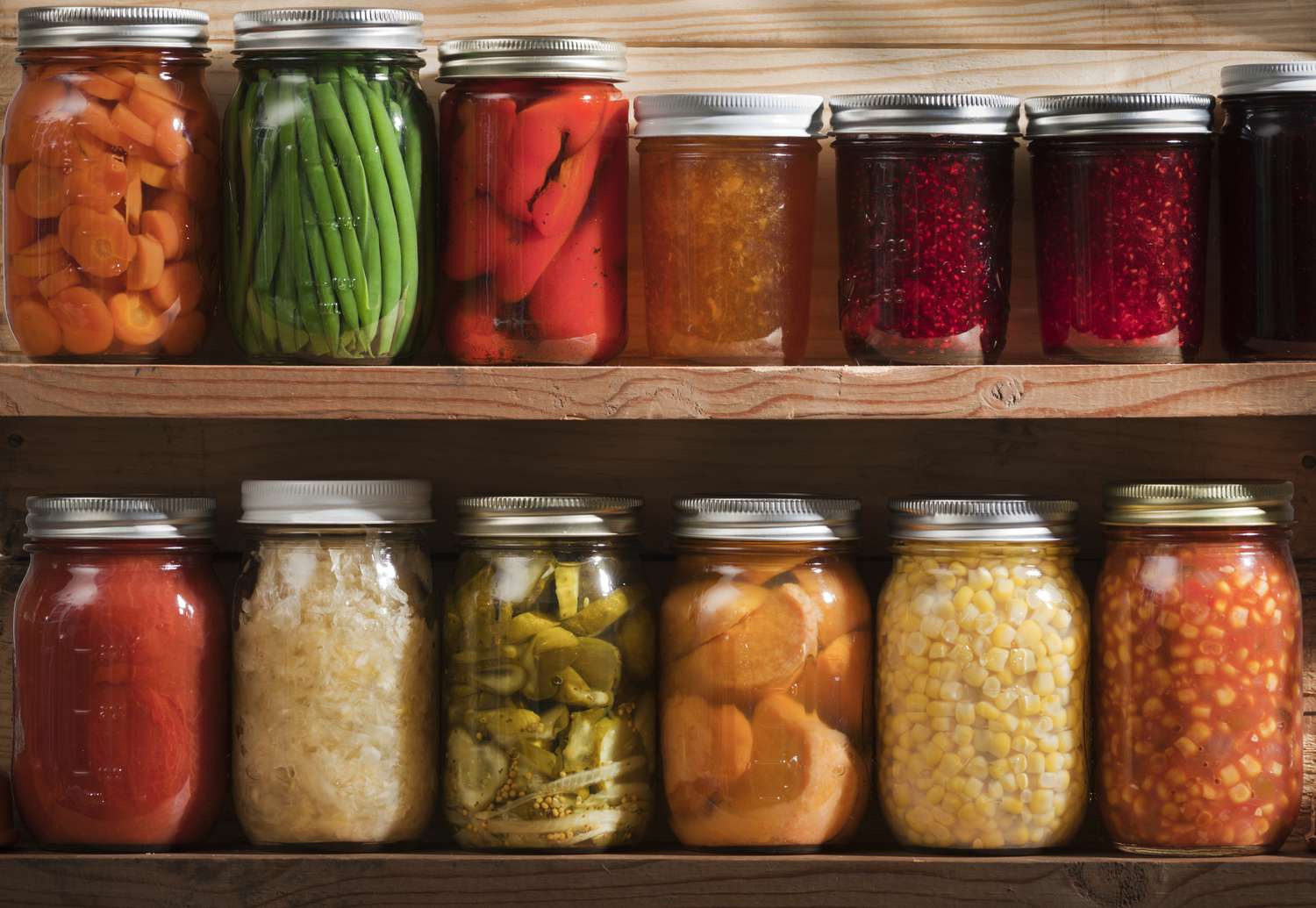
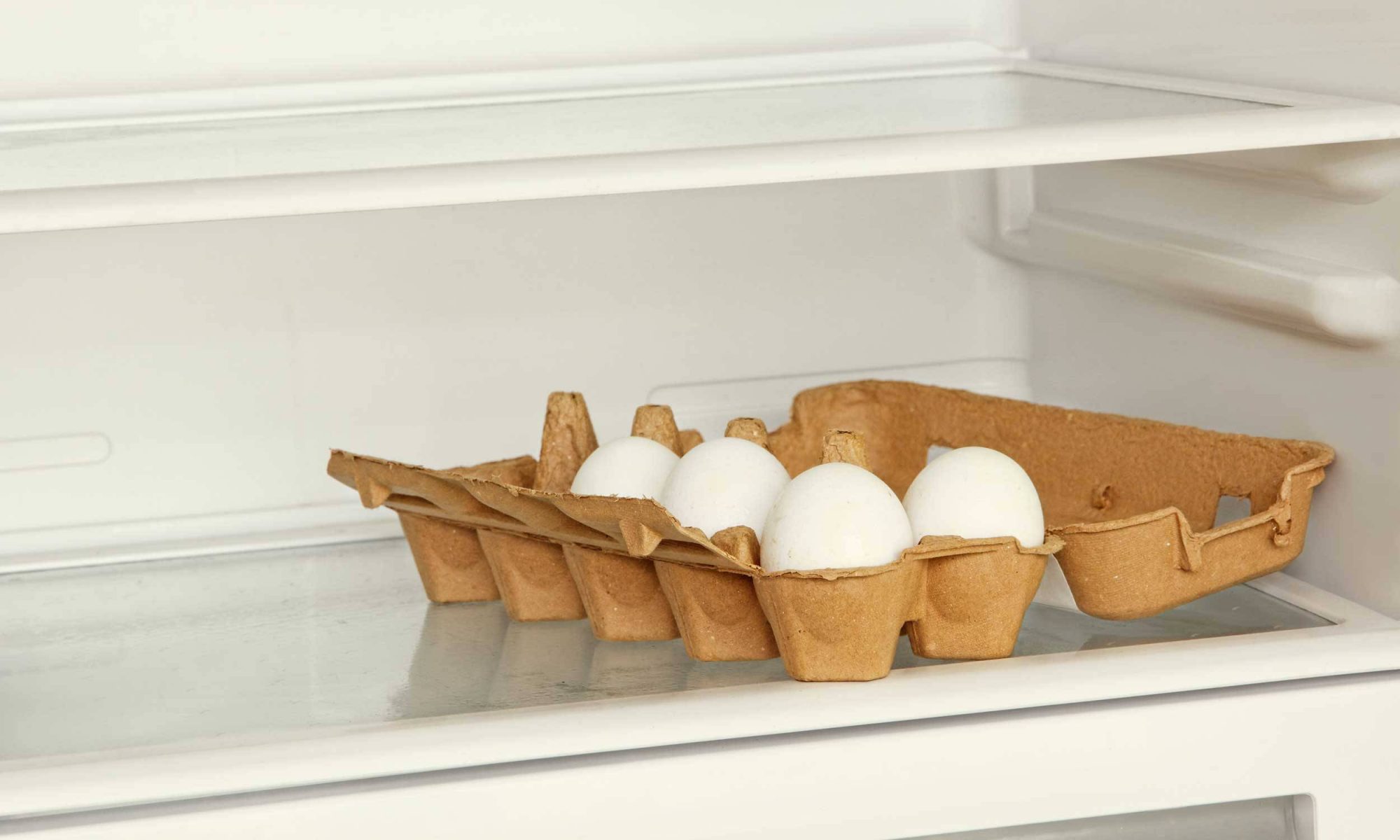

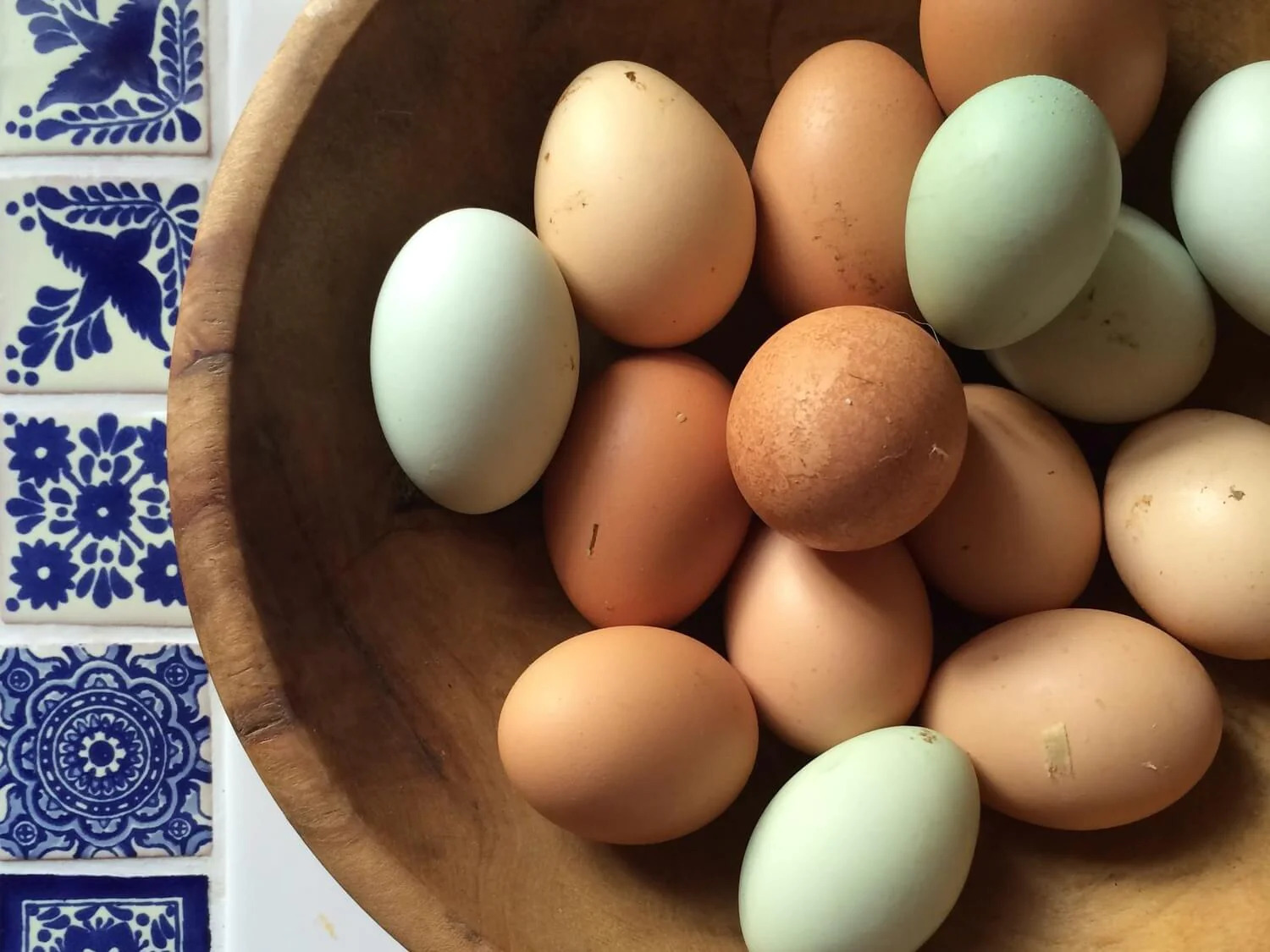

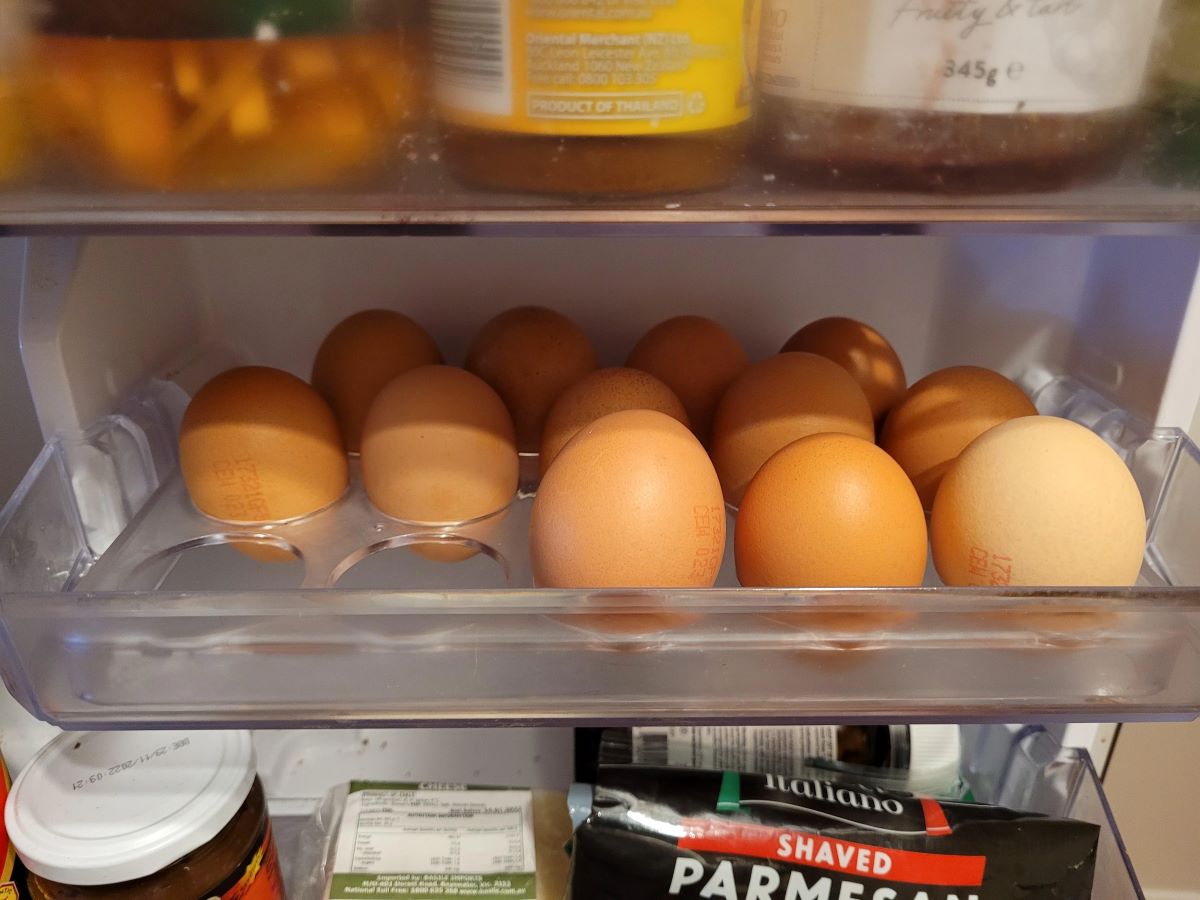
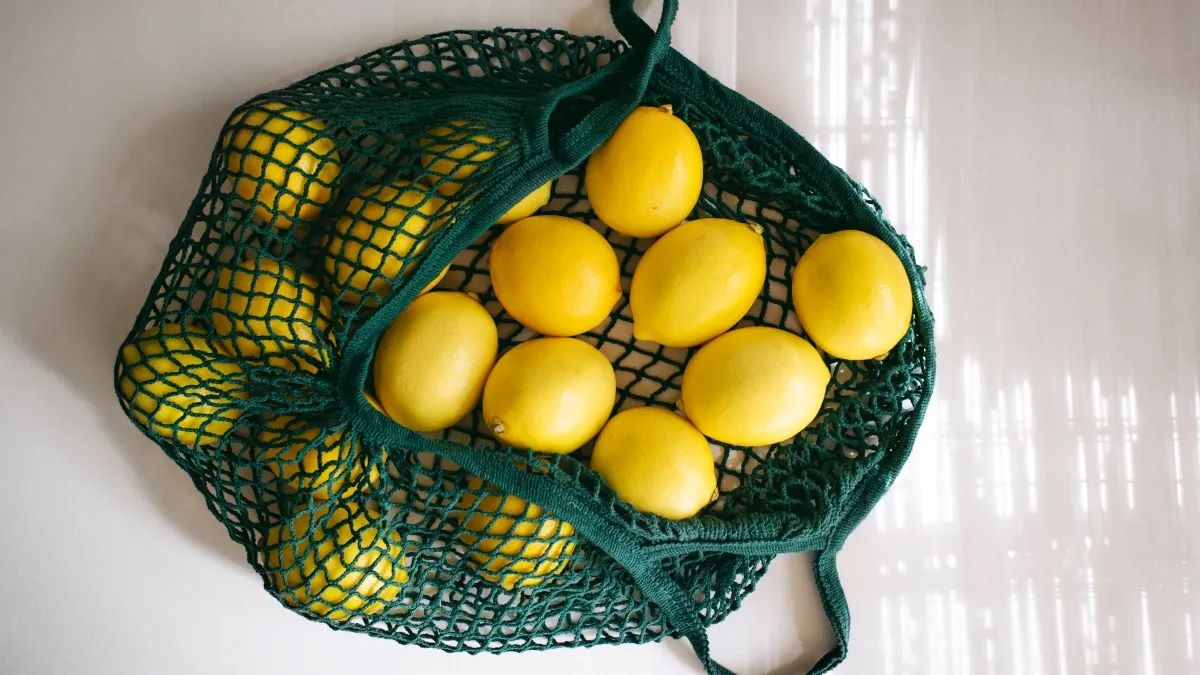
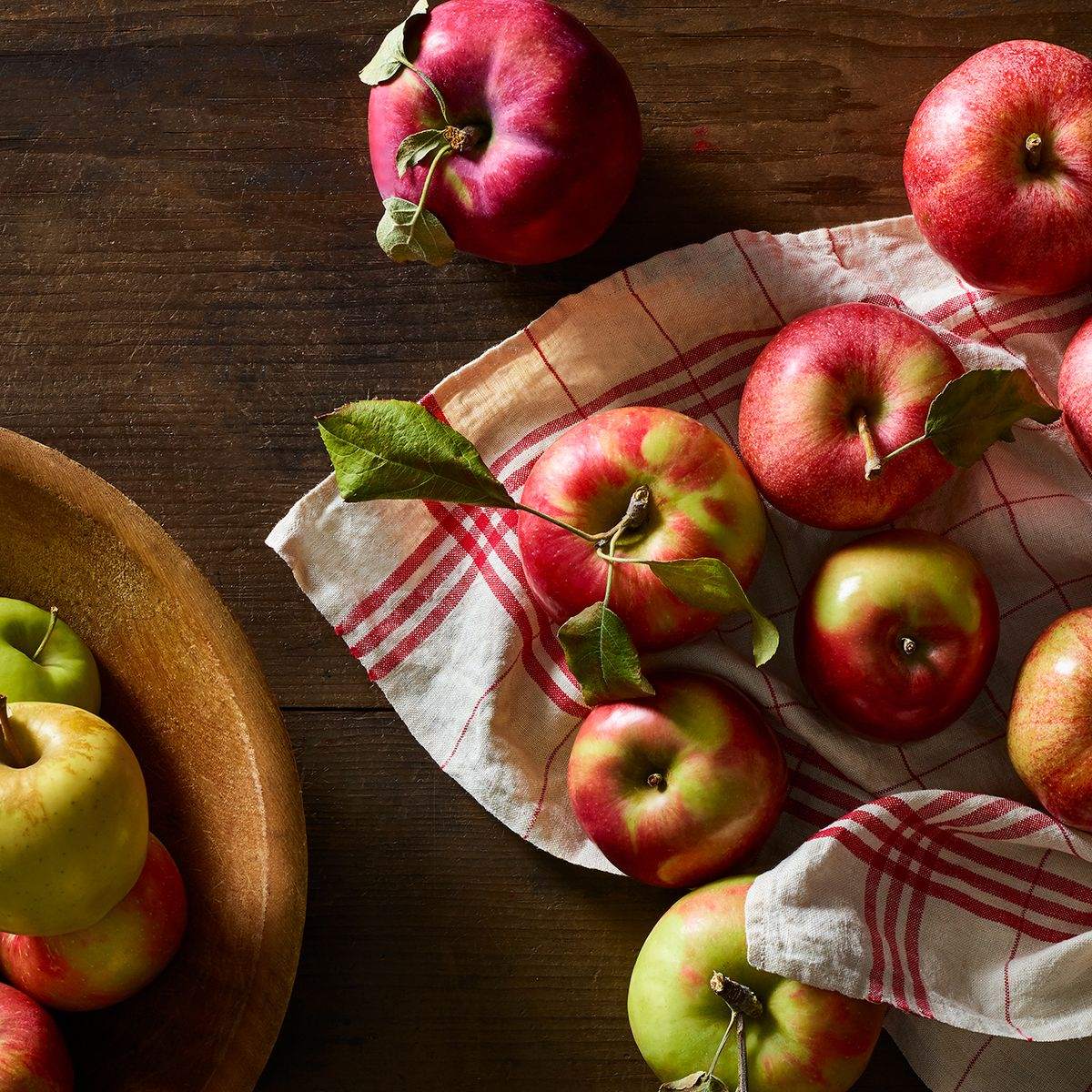


0 thoughts on “How To Store Eggs Without Refrigeration”